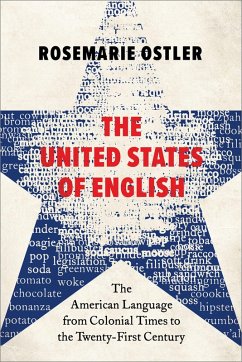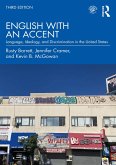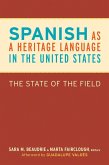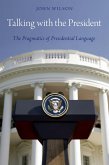The story of how English became American -- and how it became Southern, Bostonian, Californian, African-American, Chicano, elite, working-class, urban, rural, and everything in between By the time of the Revolution, the English that Americans spoke was recognizably different from the British variety. Americans added dozens of new words to the language, either borrowed from Native Americans (
raccoon, persimmon, caucus) or created from repurposed English (
backwoods, cane brake, salt lick). Americans had their own pronunciations (
bath rhymed with
hat, not
hot) and their own spelling (
honor, not
honour), not to mention a host of new expressions that grew out of the American landscape and culture (
blaze a trail, back track, pull up stakes). Americans even invented their own slang, like
stiff as a ringbolt to mean drunk. American English has continued to grow and change ever since.
The United States of English tells the engrossing tale of how the American language evolved over four hundred years, explaining both how and why it changed and which parts of the "mother tongue" it preserved (
I guess was heard in the British countryside long before it became a typical Americanism). Rosemarie Ostler approaches American English as part of the larger story of American history and culture, starting with what we know about the first colonists and their speech. Drawing on the latest research, she explores the roots of regional dialects, the differences between British and American language use, the sources of American slang, the development of African American English, current trends in political language, and much more. Plentiful examples of the American vernacular, past and present, bring the language to life and make for an engaging as well as enlightening read.
Dieser Download kann aus rechtlichen Gründen nur mit Rechnungsadresse in A, B, BG, CY, CZ, D, DK, EW, E, FIN, F, GR, HR, H, IRL, I, LT, L, LR, M, NL, PL, P, R, S, SLO, SK ausgeliefert werden.









